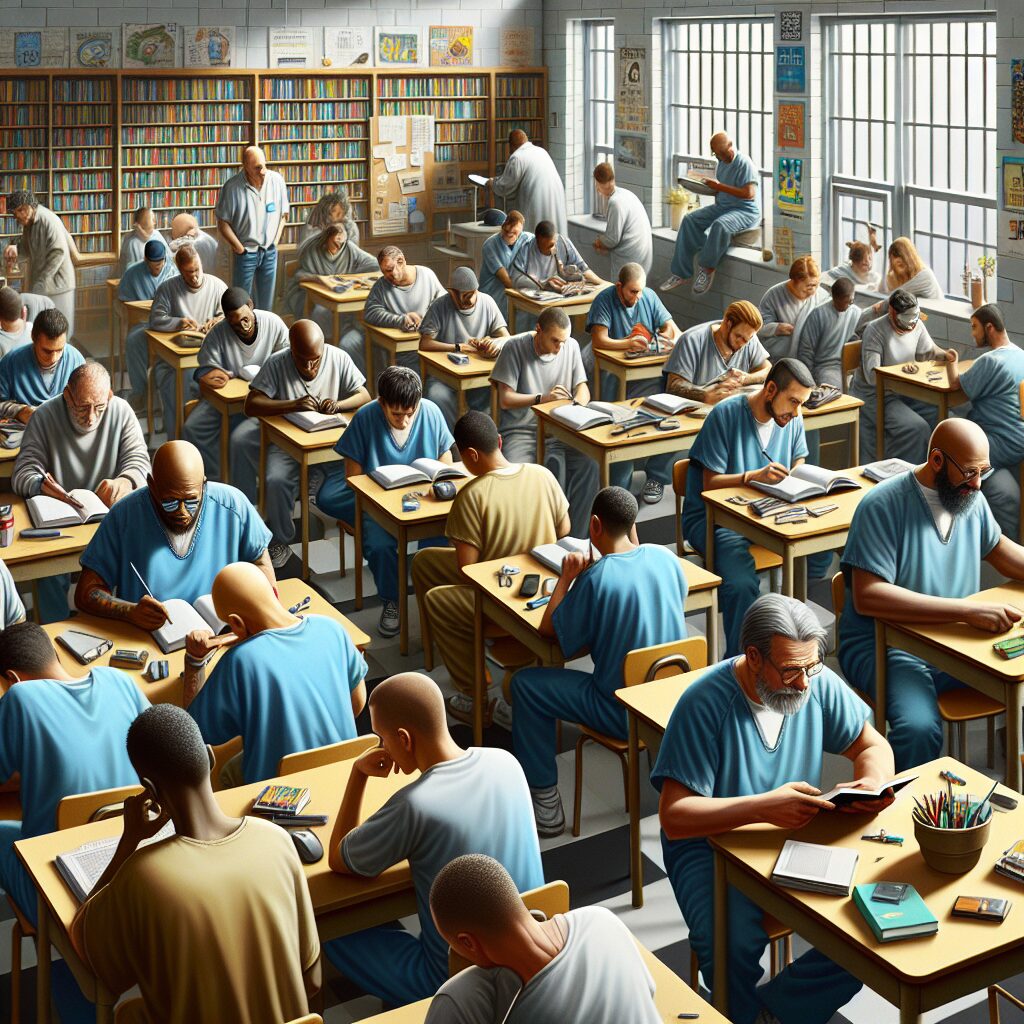
Questioning the Narrative: The Crucial Role of Accountability in Communication

Spotting Discrepancies: The Art of Questioning the Narrative
Have you ever sat in a meeting and felt that something just didn’t add up? That’s the feeling I had recently when a senior figure from the Department for Education spoke before the Public Accounts Committee. It’s a bit like watching a magician perform: you know the trick is in there somewhere, but finding it requires a keen eye and a healthy dose of scepticism. What transpired was a powerful reminder that sometimes, it takes a good nose for discrepancies to ensure accountability.
Unearthing the Truth
The discussion revolved around the department’s policy on publishing investigation reports. To the casual observer, everything sounded fine and dandy. The sun was shining, the birds were chirping, and everyone seemed quite pleased with the status quo. But wait a minute. A working group from City Skills had long been questioning this narrative. Armed with evidence and a determination to go deeper, they pressed on, refusing to let the matter drop.
Eventually, we uncovered a bit of a bombshell: the evidence presented was actually incorrect. Yes, you read that right. The conviction in the room shifted from confidence to confusion faster than you can say “transparency”. This moment highlighted just how vital it is for public bodies to be held accountable for their words, especially when communicating with the public.
The Importance of Accountability
As I reflect on this experience, several key takeaways spring to mind. Firstly, we must always question the status quo. It seems to me that people often take information at face value, which can lead to complacency. Just because something has always been done one way does not mean it is correct or effective. So here’s my challenge to you: when was the last time you questioned something that seemed set in stone?
The second takeaway is persistence pays off. Our team at City Skills could have easily stepped back when faced with pushback or indifference. Yet, by holding our ground and continuing to seek clarity, we ultimately uncovered the truth. In many aspects of life, especially when it comes to issues of integrity, standing firm can yield powerful results.
Trust and Transparency in Communication
Finally, we must remember that accountability should never be optional. It is the bedrock upon which trust is built. In the case of our findings, what good is a report if it can’t be relied upon? It brought to mind a quote I once heard: “Your reputation is what others think of you. Your integrity is what you are.” We need leaders and organisations willing to uphold their integrity even when it is inconvenient.
How Can We Ensure Clarity in Our Communications?
In a world brimming with information both accurate and otherwise, clarity in communication becomes paramount. We often ask ourselves, how can we spot inaccuracies before they become widespread? One way is to engage actively with the data presented, rather than skim over it. We’re all busy, but taking the time to analyse the finer details can make all the difference.
- Encourage a culture of questioning – ask why as much as possible.
- Involve diverse perspectives to uncover blind spots.
- Stay open to new information, even if it challenges your beliefs.
Final Thoughts
This incident was not just a blip on the radar; it’s a wake-up call for all of us. As we navigate through life’s complexities, let’s make a commitment to question more, pursue the truth relentlessly, and demand accountability from ourselves and others.
As I sip my coffee, I’m filled with hope that we can foster a culture rooted in transparency and integrity. So, let’s chat: what will you do to ensure clarity in your communications today? Share your thoughts in the comments below!




